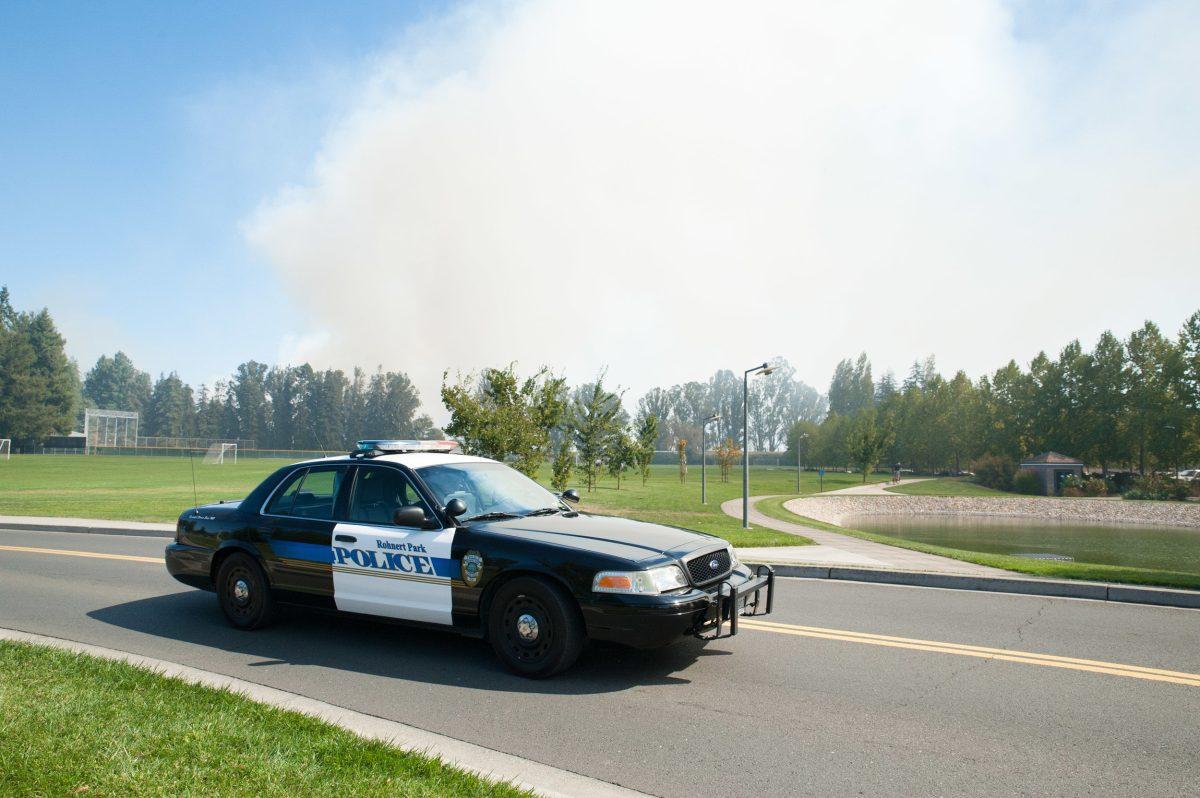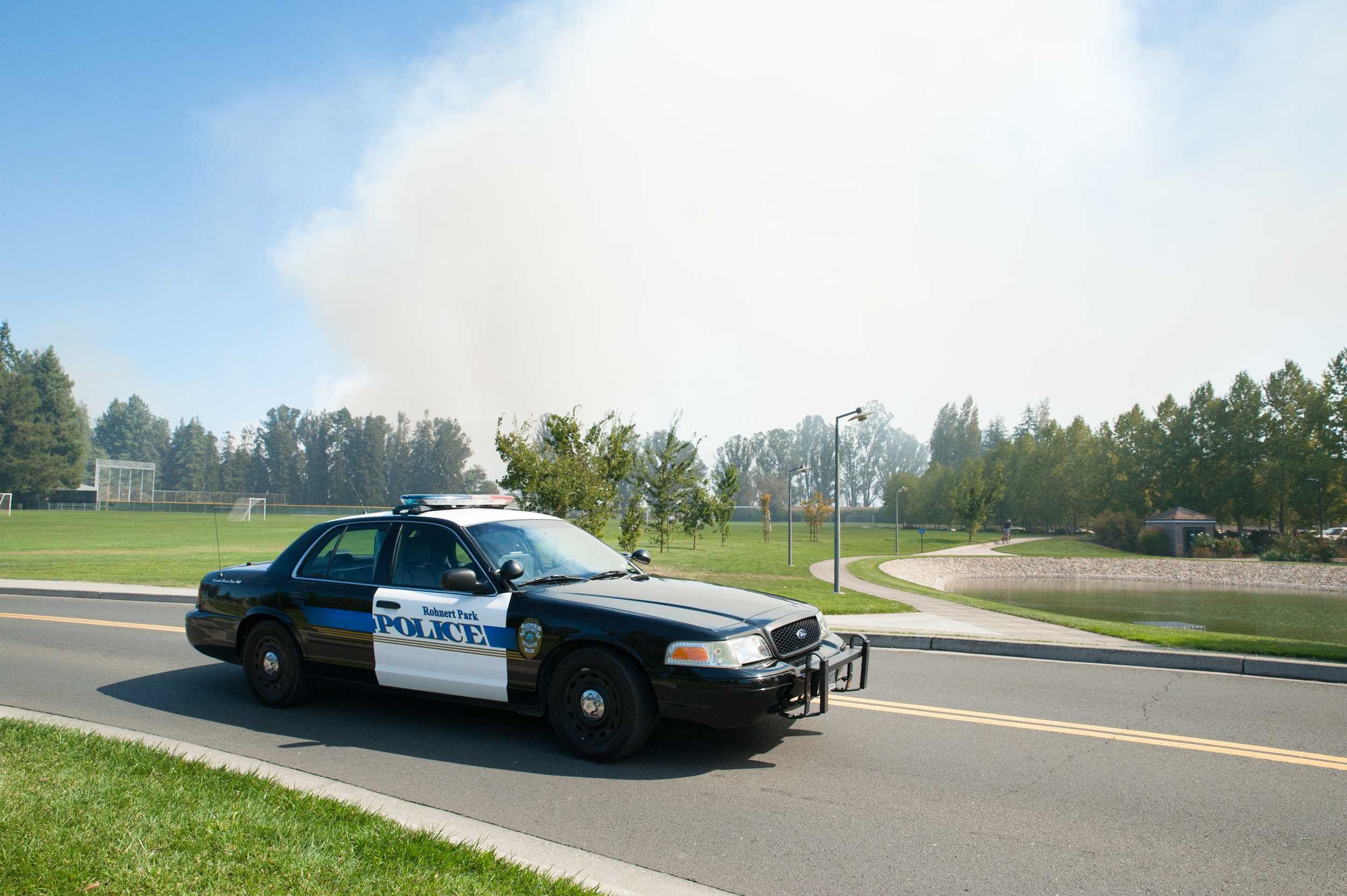A student walks into a classroom at Columbia University and finds an open seat next to a woman clinging to her dorm mattress. This woman is Emma Sulkowicz, a visual arts senior at Columbia University. As part of her visual arts thesis project and her experience of being sexually assaulted, she carries her dorm mattress to her classes every day.
Sulkowicz calls this project, “Mattress Performance or Carry That Weight.”
“I was raped in my own dorm bed, so I think the idea of carrying the mattress represented carrying the weight of the memories that I have of that night and carrying the weight of how the school dismissed not only me but the other two women who reported against him, and the way the police harassed me when I reported my case,” said Sulkowics.
Sulkowics said she will continue to carry the mattress with her around Columbia’s campus as long as she attends the same school as her rapist. She hopes that her art project will bring awareness to the nationwide issue of sexual assault on college campuses.
She also hopes that her project will influence college administrators to change their policies regarding sexual assault response and prevention.
Sulkowicz is not the only student to experience sexual assault while in college.
“One in five women will be sexually assaulted in college,” said Laura Williams, a licensed psychologist at Counseling and Psychological Services (CAPS) and Sonoma State’s Crisis Advocate.
Sexual assault is any unwarranted sexual behavior toward another person. Sexual assault includes rape, sexual harassment, sexual battery and human trafficking. Before a sexual act can be valid or warranted, consent is required from both partners. Consent is a verbal, sober “yes.”
“Sexual assault occurs on college campuses and [affects] people of all genders, sexual orientations, backgrounds, ages, ethnicities, races [and] abilities,” Williams said.
Students like Sulkowicz are standing up to college campuses all over the country and calling for a change in policies regarding sexual assault. The California State Legislature proposed a bill, Senate Bill 967, which called for an “affirmative consent” standard to help change the way that college administration approaches the definition of sexual assault. Gov. Jerry Brown was sent the proposed bill last week and California Senate is awaiting a response.
Verity is Sonoma County’s only rape crisis center. Verity is a non-profit agency with a 24-hour rape crisis-line, counseling department, prevention department and task forces. Verity Victim Advocates Melle Browning and Alli Brinkerhoff work to bring awareness and educate about the issue of sexual assault.
Brinkerhoff believes that Sonoma State students can help prevent sexual assault by “talking about [sexual assault] with peers and partners, educating [them]selves, and [changing their] language about [sexual assault].”
Browning believes that SSU students can also help by “stepping in if you see something,” changing the bystander effect and taboo culture surrounding sexual assault.
Williams said, “The most important thing that students can do is to question and challenge cultural norms, language, attitudes and behavior that contribute to the prevalence of sexual assault.”
Rape culture is prevalent among the U.S. in which rape is pervasive and normalized due to societal attitudes about gender, sex and sexuality. Education about sexual assault needs to change from teaching people how to protect themselves against sexual assault to teaching people how not to commit sexual assault.
Every two minutes someone in the United States is sexually assaulted. On Aug. 25, a woman was assaulted by an 18 year old male on the Copeland Creek trail in Rohnert Park.
The assailant, a resident of Rohnert Park, was arrested on September 22 and remains in the Sonoma County Jail where he is being held on bail.
This is just one recent example of assault that happened and because of its common occurrence, it is important to be aware of the resources available to those affected by sexual assault.





![[Both photos courtesy of sonoma.edu]
Ming-Ting Mike Lee stepped in as the new SSU president following Sakakis resignation in July 2022](https://sonomastatestar.com/wp-content/uploads/2024/04/CC4520AB-22A7-41B2-9F6F-2A2D5F76A28C-1200x1200.jpeg)



























